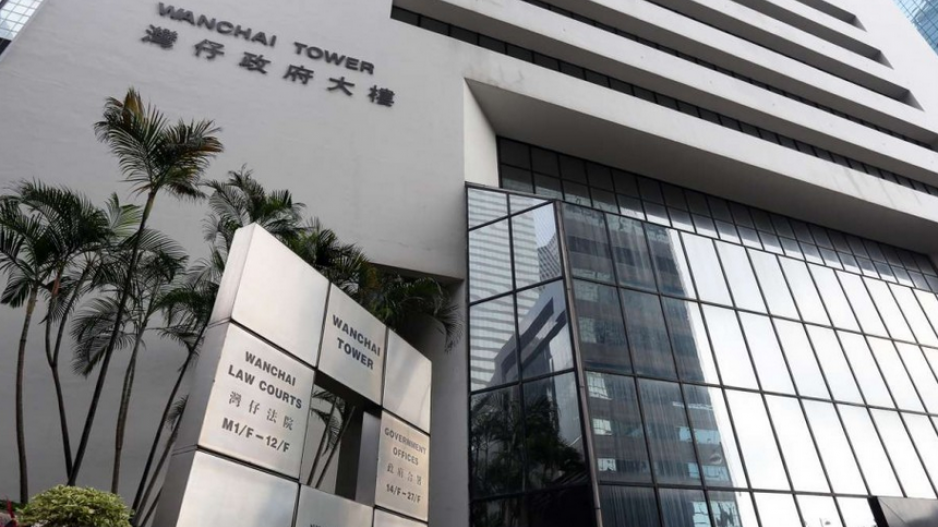A Hong Kong ice cream shop cashier admitted on Tuesday to cheating eight banks out of more than HK$1.4 million using credit card details stolen from 70 customers and colleagues.
The District Court heard that the information was used to make 246 unauthorised purchases, including handbags and electronic devices, between October 2014 and February 2015.
District judge Timothy Casewell was told that Ma Tsz-Wa, 23, had met someone called “Ah Fai” on Facebook, who was recruiting people with the promise of quick money.
She told him that as a cashier at HeyYo!!, she would have access to customers’ credit card details, and he agreed to pay her HK$5,500 for them.
Ma at first did not use the information she collected from 64 customers and six colleagues.
But two months on, she began making purchases through DBS Bank, Bank of East Asia, Bank of China, Standard Chartered, Hang Seng Bank, HSBC, China Construction Bank and CCB International.
Believing those purchases were properly authorised by the cardholders, the banks approved the transactions.
The total sum of unauthorised purchases exceeded HK$1.42 million. This included 10 transactions rejected by HSBC and Hang Seng Bank.
Ma was arrested after a bank called police in February 2015.
On Tuesday, she pleaded guilty to one count of conspiracy to defraud, six of fraud and two of attempted fraud.
Her lawyer said in mitigation that she had committed the offences out of greed as she had grown up in a poor family, with both of her parents collecting government subsidies.
Sentencing was adjourned to May 10, pending Ma’s background report.
Fraud is punishable by 14 years’ imprisonment.
Read the original article on the South China Morning Post.




